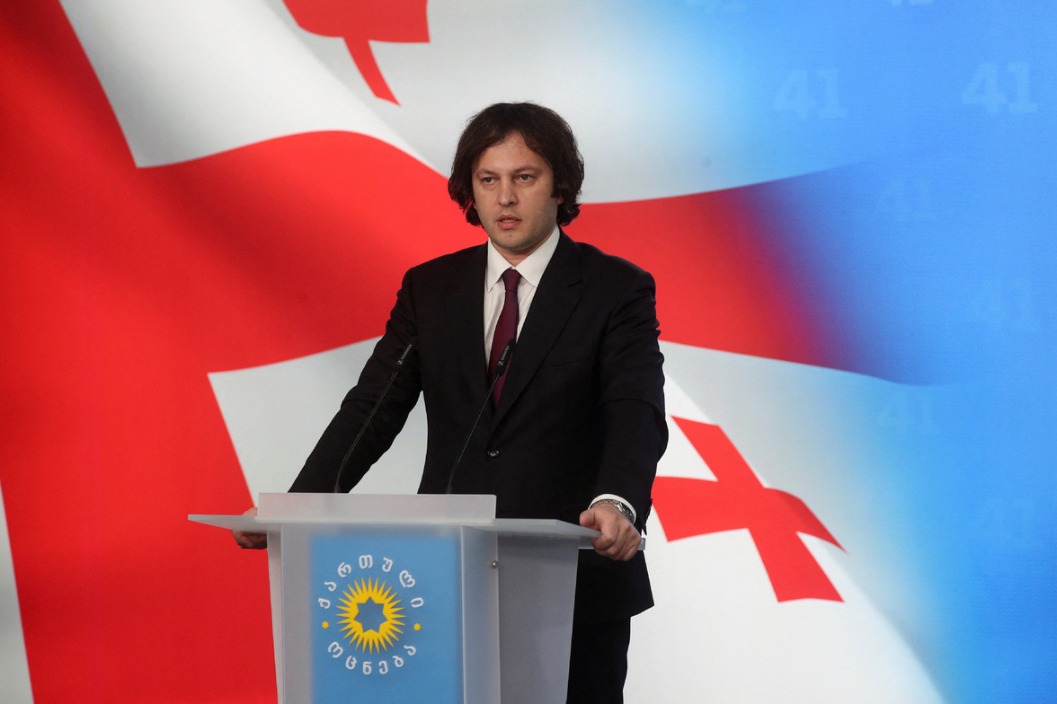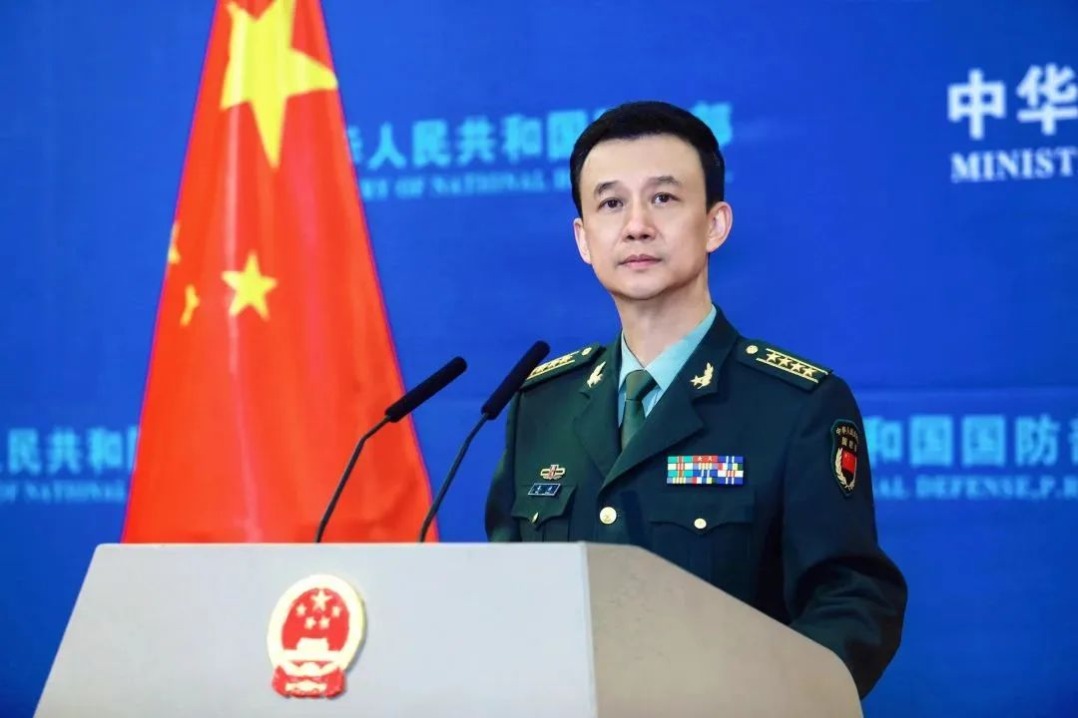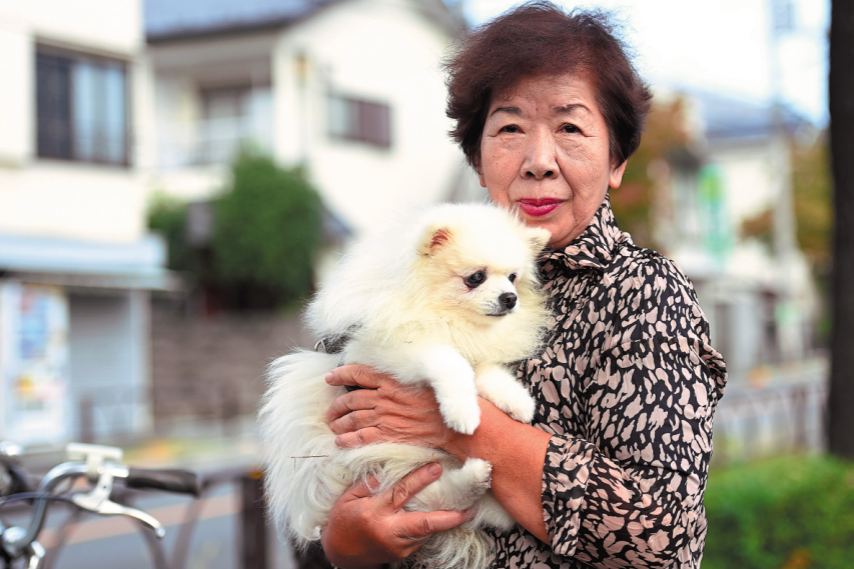Wealth tax promoted to lift up poor

Advocates of wealth taxes have told a G20 forum that governments can use them to not only boost revenue but also help redistribute wealth and promote social equity.
The forum, "Envisaging Wealth Tax in the Post-pandemic World", was organized by the Jakarta-based think tank Prakarsa and the South Asian Alliance for Poverty Eradication at the Civil 20, or C20, summit on Monday. The C20, a platform for civil society groups that engages with the Group of 20, is one of the side events during the G20 meeting in Bali.
At the forum, Prakarsa researcher Irvan Tengku Harja was discussing inequality in the host nation Indonesia, Southeast Asia's biggest economy. He cited data from Forbes, which said that the average wealth of the most affluent people in Indonesia has increased during the pandemic, while poverty continues to rise.
Irvan said a wealth tax could provide "significant additional tax revenue" for Indonesia. His group envisages a tax having a progressive rate of 1 to 2 percent on people with a net worth exceeding 144 billion rupiahs ($9.3 million).
He estimates that the Indonesian government could collect about $4.1 billion by imposing a wealth tax on the richest citizens who comprise less than 1 percent of the country's population.
Ideal time
In an interview, Irvan said the G20 meetings provide the ideal time for nations to discuss wealth taxes.
"The G20 leaders can no longer do business as usual in fiscal policy," he said, noting that many governments are experiencing budget constraints to deal with the impact of the pandemic.
"This means that the government needs additional sources of revenue to fully recover from the effects of the pandemic and accelerate poverty alleviation," Irvan said. "From now on, the government needs to prepare a strong fiscal capacity to be strong in facing uncertain economic conditions due to global uncertainty. Therefore, they need to mobilize sources of revenue that have the potential to boost state revenues."
Herni Ramdlaningrum, the C20's co-chairperson, said that it's also important for governments to determine how revenues generated from any wealth taxes would be used. She said these revenues need to be reinvested in public infrastructure, education, and health.
For Jyotsna Jha, director of the Centre for Budget and Policy Studies in India, a wealth tax can promote both economic growth and equality. She said India has the highest income inequality in Asia. The fortunes of India's 10 wealthiest billionaires are enough to fund the education of India's children for more than 25 years, she estimates.
"Although there have been conversations around levying wealth tax, inheritance or windfall tax in many countries in the region, very few steps have been taken," Jha said.

































